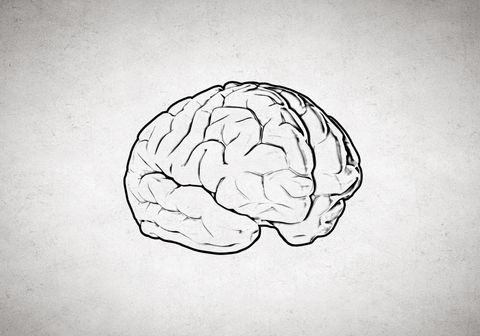
The Benefits Of Testosterone
During male adolescence and early adulthood, testosterone surges though the body. Production of this hormone increases almost 30 times more during this period and then gradually levels start to drop off as you age.
Testosterone is mostly famous for its role in the sex drive but this hormone is valuable for a number of different and often forgotten reasons.
- Contributes to health muscles and bones
- Provides hair growth (facial and pubic)
- Promotes health body development
- Causes deeper voice
- Enhances mood and quality of life
- Supports verbal memory and cognitive thinking
While declining levels is natural after the age of 30, you should always check with your doctor if you are concerned. Decreased muscle mass, increased body fat, or erectile dysfunction can be linked to low testosterone levels, but they can also be signs of something more serious. Therefore any concerns over hormone levels, need to be discussed with your doctor right away.
Hypogonadism, or low testosterone levels is common as men age. It is also common for men to want to boost these levels back towards optimal standing. Some men simply want to keep their levels high whereas others notice health problems and would greatly benefit from hormone replacement therapy. If you are already at normal levels, enhancing testosterone may not provide additional benefits, but if you are diagnosed as low, then a boost will deliver the wonderful benefits below.
OFTEN UNDERLOOKED BENEFITS OF INCREASED T LEVELS
The benefits we list below are oftentimes the overlooked benefits of increased testosterone levels. It's not just for muscle gentlemen.
1. Reduce the fat and get more muscle
Testosterone increases muscle mass and leaner body mass helps to control weight and can increase energy. For those with low testosterone levels, replacement therapy or any testosterone treatment plan can decrease fat and increase muscle. You will likely see the best results, when combined with a strength training regimen and nutritional plan. There are foods to eat and foods to avoid that support optimal testosterone levels.
2. Stronger skeleton and core
Testosterone is important for bone density health and this naturally decreases with age leaving men at risk for osteoporosis. Clinical trials show that increased testosterone increases hip and spinal bone density when high enough doses were used. Stronger bones support organs and muscles more efficiently, enhancing overall health as well as athletic performance.

3. Healthy blood, healthy heart, healthy you
Without a healthy heart to pump blood around your body, your organs would be deprived of the oxygen they require. Testosterone helps red blood cell production to support the vital oxygen delivery of the cardiovascular system. Additionally, low testosterone levels have been linked to several cardiovascular risks.
Some studies have shown that testosterone therapy only brought slight improvements in regards to heart disease whereas others found that patients were ale to increase their walking distance by 33%.
While the studies are currently very mixed as to whether this hormone can help prevent certain heart ailments, there is a definite link. When men are returned to normal testosterone levels, they are 24% less likely to have heart attacks and 36% less likely to have a stroke.
4. Extra boost in the bedroom
Sexual arousal naturally causes testosterone levels to increase and higher levels generally mean more sexual activity. As men age, they require more testosterone for libido as well as erectile function. This does not mean that all cases of erectile dysfunction are caused by low testosterone levels; there are a number of possible causes that would need to be looked at for a proper diagnosis. It also seems that there is a maximum level in terms of aroused responses, so for men with normal to high levels already, an additional boost will not likely impact your libido at all.

5. More than meets the eye
A hormone thought to control your sex drive, actually has some pretty powerful pull when it comes to your brain too. Higher levels of testosterone ratios have lower incidence of Alzheimer's disease. There is also a strong correlation between high testosterone levels and better verbal memory, spatial abilities and mathematical reasoning.
6. Better mood, better life
Low testosterone levels are linked to poor quality of life with symptoms including depression, irritability and fatigue. For the most part these mood changes are associated with hypogonadism rather than the natural depletion of the hormone with aging. Testosterone replacement therapy has shown improved mood and well-being as well as reduced fatigue and irritability and it is currently thought this therapy could be a viable alternative to anti-depressants.
